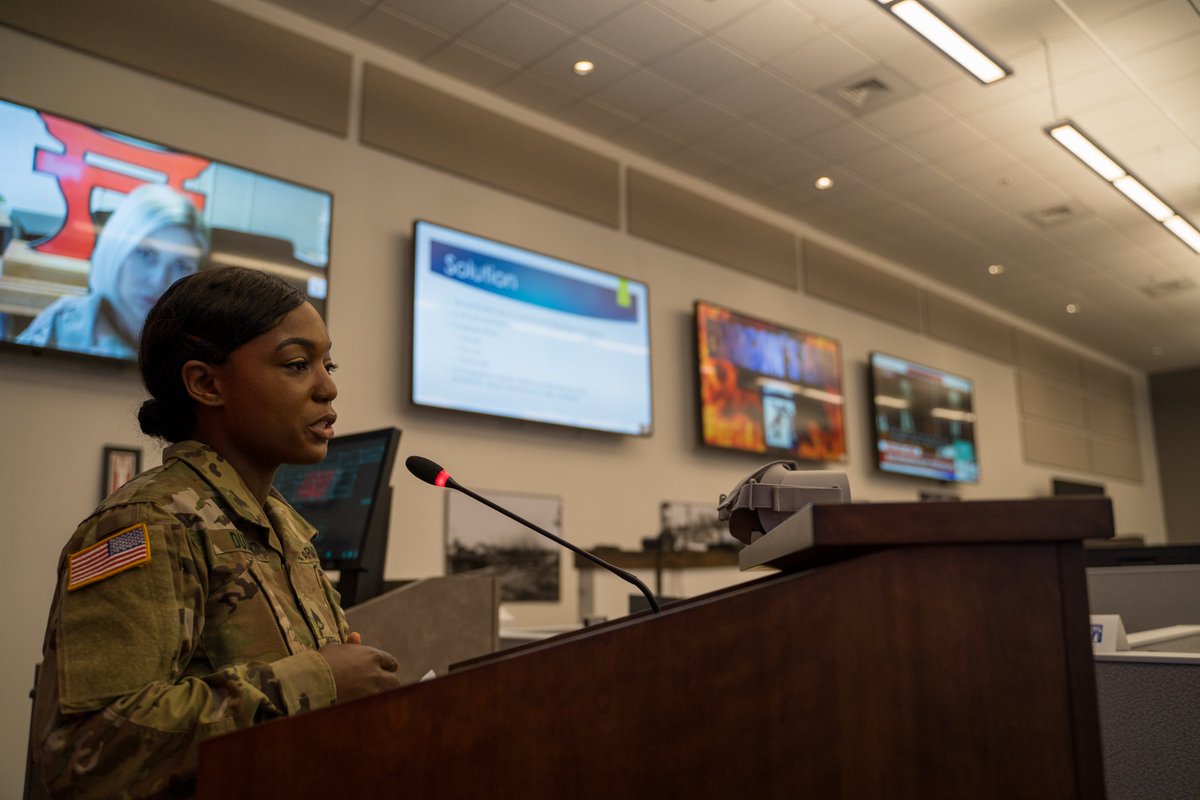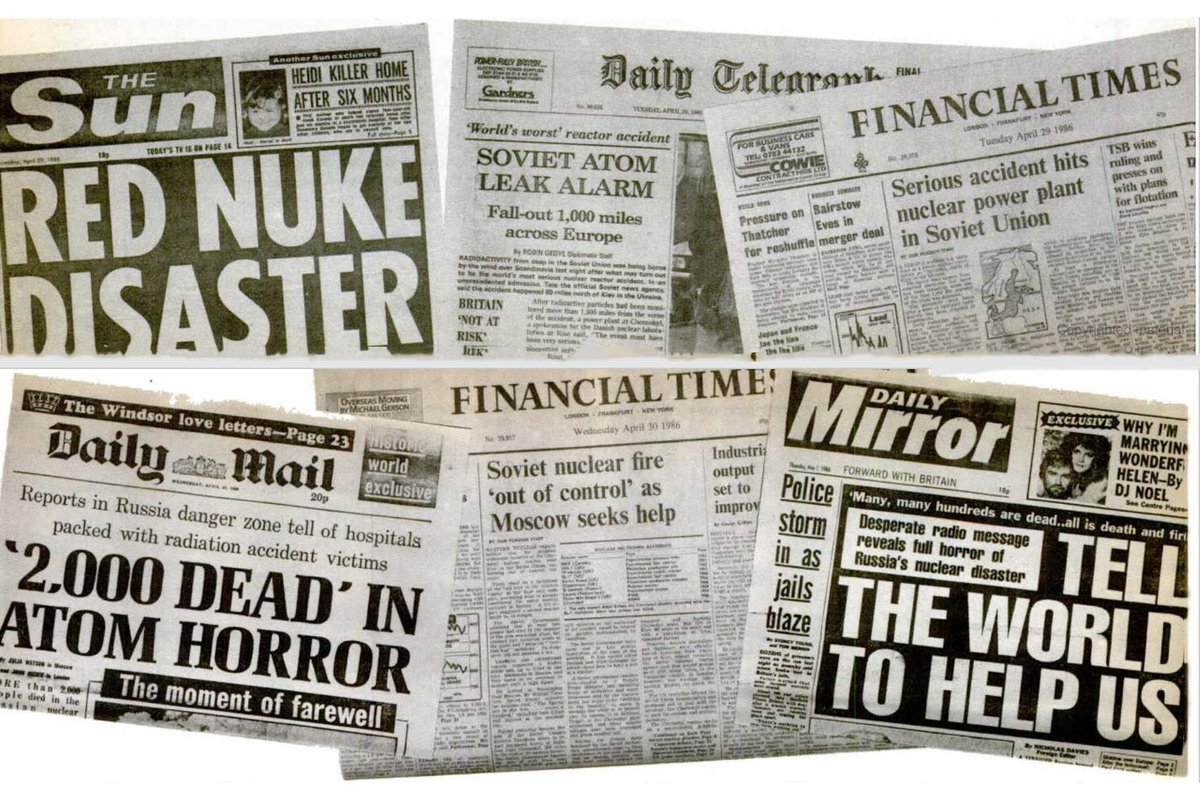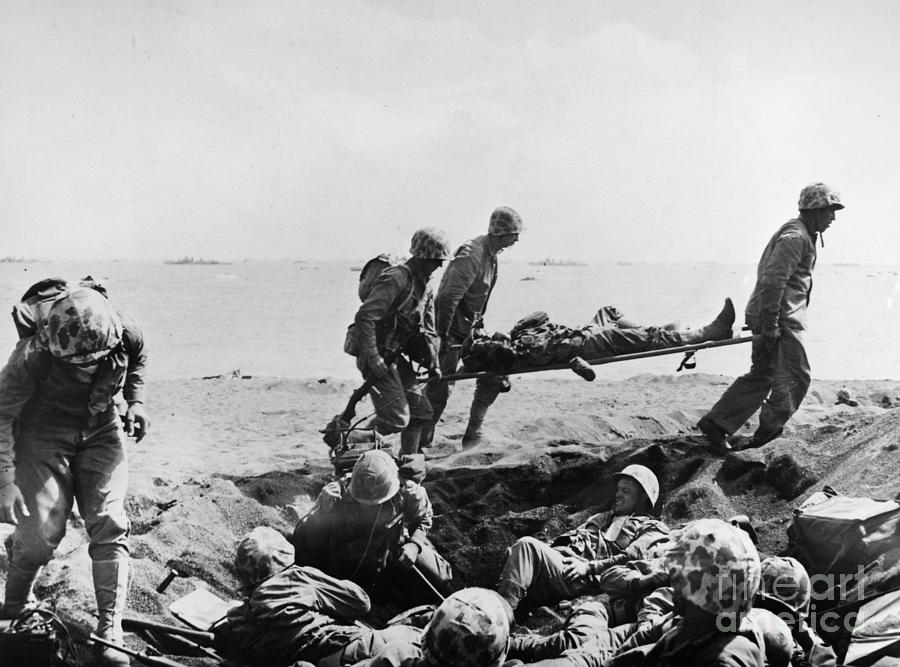
[1 of 12]
THE CRONKITE MOMENT
#TDIDCH: February 27, 1968 - Until the shocking North Vietnamese Tet Offensive in January 1968, Walter Cronkite, the Nation's most trusted reporter and anchor of CBS Evening News, believed what his government told him about the war in Vietnam.
THE CRONKITE MOMENT
#TDIDCH: February 27, 1968 - Until the shocking North Vietnamese Tet Offensive in January 1968, Walter Cronkite, the Nation's most trusted reporter and anchor of CBS Evening News, believed what his government told him about the war in Vietnam.

[2 of 12]
Cronkite, of course, covered the war from the US but made four trips to the front lines in 1967. He saw Vietnam as a necessary brushfire fight against communism.
Cronkite, of course, covered the war from the US but made four trips to the front lines in 1967. He saw Vietnam as a necessary brushfire fight against communism.

[3 of 12]
Cronkite's nightly newscasts helped shape public opinion about the war [the level of influence Cronkite had within the US is a subject of debate]. Walter generally accepted the official statements of General Westmoreland
and President LBJ without much scrutiny.
Cronkite's nightly newscasts helped shape public opinion about the war [the level of influence Cronkite had within the US is a subject of debate]. Walter generally accepted the official statements of General Westmoreland
and President LBJ without much scrutiny.

[4 of 12]
The early days of the Tet Offensive made Walter reconsider: how could the North mass so much firepower if we were winning so decisively? Was MAC-V really winning at all? Cronkite made another visit to the fight in February, 1968, to find out.
The early days of the Tet Offensive made Walter reconsider: how could the North mass so much firepower if we were winning so decisively? Was MAC-V really winning at all? Cronkite made another visit to the fight in February, 1968, to find out.

[5 of 12]
In talking to Soldiers and commanders in Vietnam as the Tet Offensive wound down, Walter realized that his previous assessments were at least partly wrong.
In talking to Soldiers and commanders in Vietnam as the Tet Offensive wound down, Walter realized that his previous assessments were at least partly wrong.

[6 of 12]
Upon his return, on the Tuesday, February 27, 1968 evening broadcast, Cronkite described what he'd observed: “Who won and who lost in the great Tet Offensive against the cities? I‘m not sure.”
Upon his return, on the Tuesday, February 27, 1968 evening broadcast, Cronkite described what he'd observed: “Who won and who lost in the great Tet Offensive against the cities? I‘m not sure.”

[7 of 12]
Then the deathblow to the official government line: “It is increasingly clear to this reporter that the only rational way out will be to negotiate, not as victors but as an honorable people who lived up to their pledge to defend democracy, and did the best they could.”
Then the deathblow to the official government line: “It is increasingly clear to this reporter that the only rational way out will be to negotiate, not as victors but as an honorable people who lived up to their pledge to defend democracy, and did the best they could.”

[8 of 12]
Cronkite's audience was surprised at his editorializing. The President was demoralized. 33 days later, he announced he would not seek reelection.
Like so many such key events in Vietnam, the Cronkite Moment remains shrouded in myth.
Cronkite's audience was surprised at his editorializing. The President was demoralized. 33 days later, he announced he would not seek reelection.
Like so many such key events in Vietnam, the Cronkite Moment remains shrouded in myth.

[9 of 12]
For example, there is a line often attributed to LBJ: "If I've lost Walter, I've lost Middle America." It doesn't appear the president every actually made this statement publicly or privately.
For example, there is a line often attributed to LBJ: "If I've lost Walter, I've lost Middle America." It doesn't appear the president every actually made this statement publicly or privately.

[10 of 12]
For another thing, many histories of Tet overstate the importance of the Cronkite Moment. By the time CBS Evening News aired on February 1968, at least some measure of public opinion was turning against the war.
For another thing, many histories of Tet overstate the importance of the Cronkite Moment. By the time CBS Evening News aired on February 1968, at least some measure of public opinion was turning against the war.

[11 of 12]
Also like so much about Vietnam, the Cronkite Moment remains a point of controversy. It stands at the center of an open debate about news coverage of the war, and whether the media exposed a US government lies or undermined Westmoreland's strategy.
Also like so much about Vietnam, the Cronkite Moment remains a point of controversy. It stands at the center of an open debate about news coverage of the war, and whether the media exposed a US government lies or undermined Westmoreland's strategy.

[END]
On Tuesday, March 16th, we'll release Episode 13 of our official podcast, The Doomsday Clock, with Sir Max Hastings [in 1968, Max covered the war from the front lines] about the Cronkite Moment. Look for it on Apple Podcasts.
On Tuesday, March 16th, we'll release Episode 13 of our official podcast, The Doomsday Clock, with Sir Max Hastings [in 1968, Max covered the war from the front lines] about the Cronkite Moment. Look for it on Apple Podcasts.

• • •
Missing some Tweet in this thread? You can try to
force a refresh


















